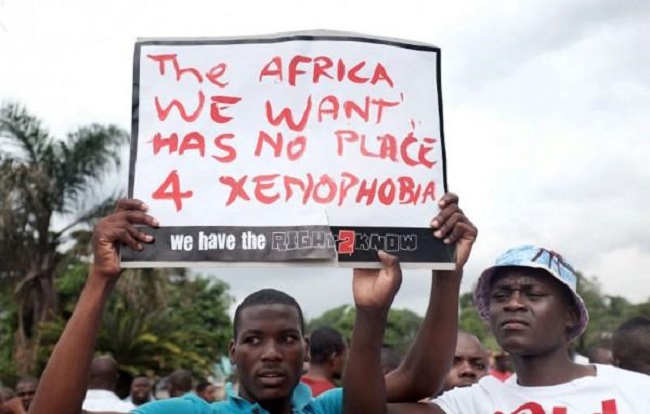South African mob violence targets Nigerian immigrants

Photo: Reports Afrique News
Mobs in Pretoria have looted and set on fire houses belonging to immigrants, particularly Nigerians, in a new wave of xenophobic attacks in South Africa.
Nordic Africa Institute (NAI) guest researcher Mathabo Khau says that prejudice against Nigerians is common in South Africa. She says that it is fuelled by unbalanced media reports and widespread discontent related to poverty and unemployment.
“This is what happens when the majority of the black South African population don’t have better lives than they had during apartheid. Economic inequality and lack of public services, in combination with a great influx of people, is a recipe for social tension”, states Khau, who is normally based at the Nelson Mandela Metropolitan University in Port Elizabeth.
He calls for a true pan-African discussion driven by the people.
“Leaders shaking hands and signing treaties at fancy conferences has little to do with real integration. Pan-Africanism is about unity among people, not between leaders. Happy people with access to service delivery and living under good governance don’t set their neighbours’ houses on fire”, Adetula concludes.
TEXT: Johan Sävström
Source: Nordic Africa Institute

